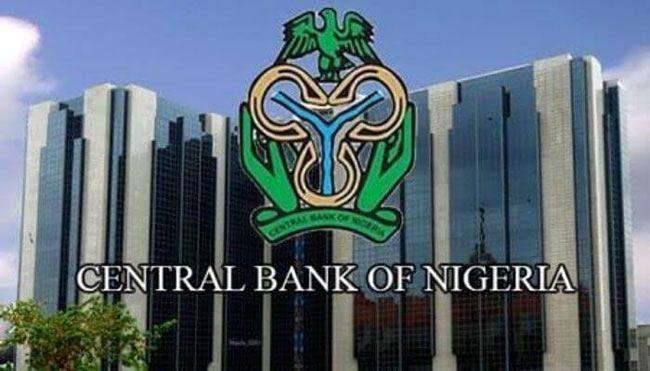The Central Bank of Nigeria (CBN) recently launched a fully digital e-learning platform, SabiMONI, that aims to promote financial literacy and deepen financial inclusion among Nigerians. During the launch event, CBN Governor, Mr Godwin Emefiele, stated that the platform would provide a knowledge base for financial literacy and offer individuals the opportunity to become Certified Financial Literacy Trainers through self-service.
Emefiele stressed that financial literacy is a key driver of financial inclusion, and the pace of financial inclusion is directly related to the level of financial literacy and financial capability. He added that the platform’s objective is to upscale financial capability through financial education programs and created as an avenue for driving financial education among the target demographic.
Mrs Rashida Monguno, Director of Consumer Protection at CBN, also emphasised the significance of financial literacy for greater financial inclusion and stability of the financial system. She noted that SabiMONI was conceived as a solution to the limited avenues or channels for financial education, and to offer end beneficiaries enhanced access to financial literacy training.
The low penetration of financial literacy in Nigeria is attributed to the absence of skilled financial literacy trainers and limited avenues for financial education. With SabiMONI, individuals can learn at their own pace, from their comfort zones and with ease, to enhance their knowledge of financial resources and make better financial decisions.
The CBN aims to ramp up the number of experts that can be used to drive financial education with the launch of SabiMONI. The platform is part of Nigeria’s National Financial Inclusion Strategy 2022 to increase adoption and usage of financial and digital services in priority demographics, including vulnerable segments, such as women, youth, MSMEs and rural dwellers. The strategy serves as a catalyst for greater financial inclusion and ultimately economic growth and development.
